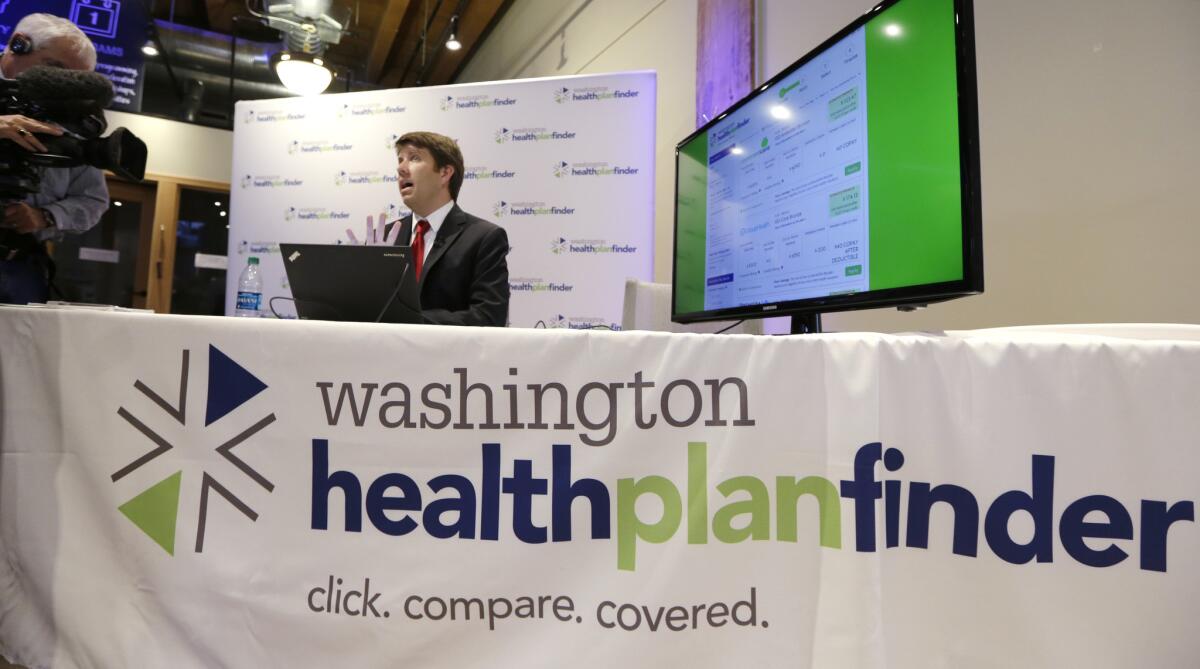Preserving the Affordable Care Act

Another week, another attack on the 2010 healthcare law. Days after opponents of Obamacare failed to derail it by shutting down the government, a federal court in Washington took up a lawsuit aimed at canceling the premium subsidies the law provides for many low- and moderate-income Americans. It’s the first of two such challenges to reach the federal courts this month, and it illustrates — again — how some of the law’s critics are trying to repeal it by inflicting the maximum possible damage on the public. The courts should reject the challenges.
At issue is the Internal Revenue Service’s decision in May 2012 to make premium subsidies available in all 50 states for individuals with incomes less than four times the federal poverty level, currently $11,490 for a one-person household. In the case heard Monday in Washington, the plaintiffs argue that the IRS exceeded its legal authority because the text of the law calls for subsidies to be provided only “through an exchange established by the state.”
In their view, that means there should be no subsidies available in the more than 30 states where officials decided to let the federal government operate the exchange. It would also mean that employers in those states would not face a mandate to provide coverage, because that requirement is inextricably linked to the availability of subsidies. (The administration announced in August that it would not enforce the employer mandate until 2015.)
The Justice Department argues persuasively that the plaintiffs — four self-employed individuals and three businesses that do not want to buy or provide the required amount of insurance next year — misread the law. Congress clearly intended that the new exchanges help all uninsured Americans, regardless of who runs their state’s version. It also defies credulity to argue that Congress would require some poorer Americans to buy insurance without subsidies simply because their elected officials weren’t able or willing to set up an exchange. Most important, it would be wrong to reverse the IRS’ stance now, long after state officials decided not to operate their own exchanges. At the very least, the stakes should have been clear to the public and their representatives before they made that choice.
A preliminary ruling in the first case is expected as soon as Tuesday. If the courts involved don’t dismiss these challenges soon, millions of Americans could be at risk of receiving subsidies that must later be repaid, or of being denied the aid they need to afford the coverage required by law. Ideally, Congress would clarify the law to remove any doubt about the premium subsidies. But if lawmakers aren’t willing to do so, they should at least be prepared to restore them swiftly if the courts rule the other way.
More to Read
Sign up for Essential California
The most important California stories and recommendations in your inbox every morning.
You may occasionally receive promotional content from the Los Angeles Times.










